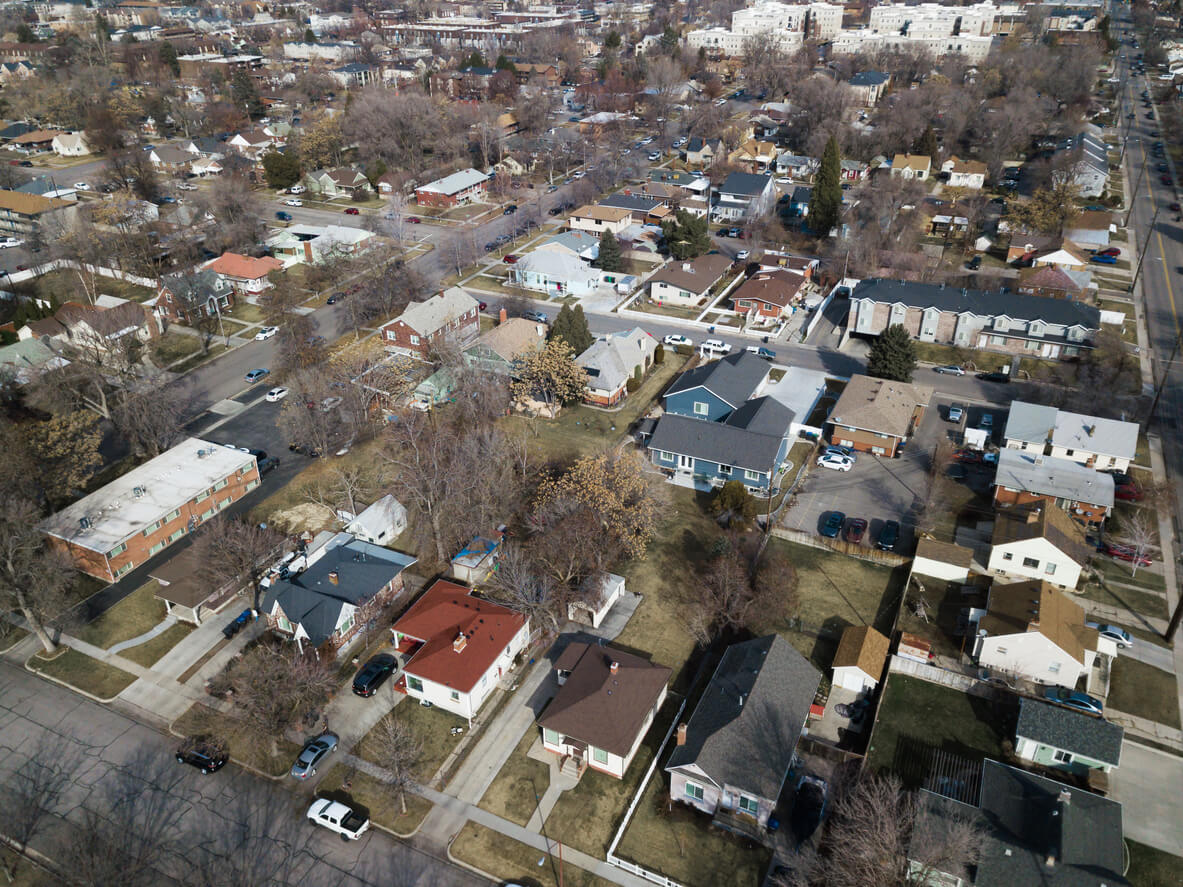In real estate, zoning laws are arguably the most important consideration for any owner seeking to alter or redevelop their property, or any would-be buyer. Want to construct a warehouse for your business? You’ll need to check the zoning regulations. Want to build a new home on a vacant lot? You’ll need to check the zoning regulations. So, what are these regulations?
Zoning regulations are tools used by local governments to control the use of real estate based on location. Local governments designate certain areas for certain uses. Generally, there are four broad categories for zoning districts: agricultural, residential, commercial and industrial. These categories are often divided into numerous sub-categories. For example, residential may include low-density and high-density sub-categories. This would mean that a large apartment or condominium block couldn’t be constructed in a residential low-density zoning district. Similarly, a low-density zoning ordinance may require minimum lot sizes or minimum floor space for residential dwellings within the zoning district.
Four Remedies for Zoning Ordinance Violations
If you’re seeking to acquire property for a use that doesn’t conform to the respective zoning ordinances, or you realize that it already doesn’t conform to existing zoning ordinances, what options are available? There are four remedies we commonly advise individuals, businesses, and investors to pursue when their planned or current use violates existing zoning ordinances:
- Non-conforming Use. Zoning ordinances change, although the properties that they affect often do not. As a result, non-conforming uses allow for properties to continue to be used as they have been despite not complying with modern zoning ordinances. This often occurs for older homes or structures. A common example we see is that a new zoning ordinance may require a certain floor space minimum, but an older home may not meet this requirement based on the zoning ordinances when it was constructed.
- Conditional Use Permit. A conditional use permit allows for non-conforming uses subject to certain restrictions. If these restrictions are now followed, the conditional use permit will be revoked. A common example we see is for small business owners to pursue a conditional use permit to use residential property for commercial purposes.
- Variance. A variance allows a property to be used in a non-conforming manner for a certain period of time. These do not carry the associated conditions of the conditional use permit. Variances we commonly see granted are for less major deviations, such as a variance to the requirement for minimum floor space in a new building.
- Petition to Change. The petition to change seeks a permanent change to the zoning ordinance governing a property. In effect, one can petition the local government to rezone an area from low-density to high-density residential in order to develop a large block of apartments on a lot currently zoned as low-density. Petitioning to change can be time-consuming and costly.
Planning and Zoning Lawyer in Rhode Island, Massachusetts and Connecticut
At PALUMBO LAW, we represent property owners, developers and businesses in planning and zoning issues including the complete rezoning of an area for development. If you are a property owner, developer or business in Rhode Island, Massachusetts or Connecticut and have any planning and zoning questions, please contact our office to schedule a consultation.


